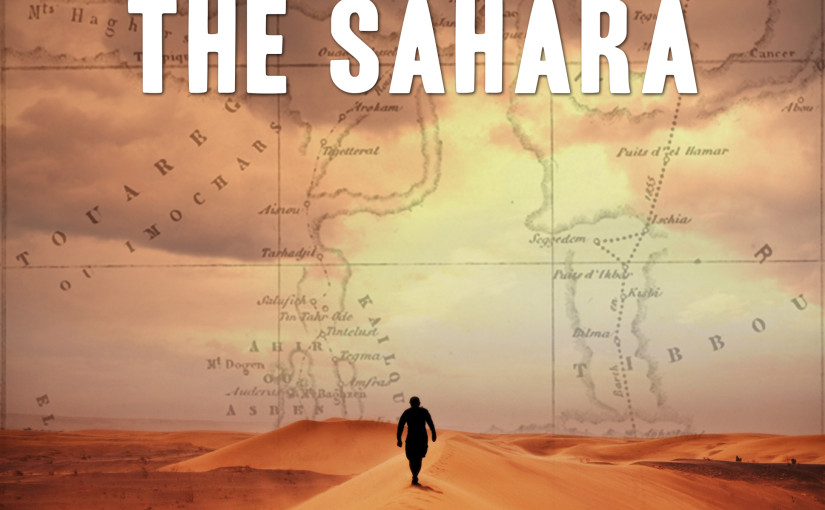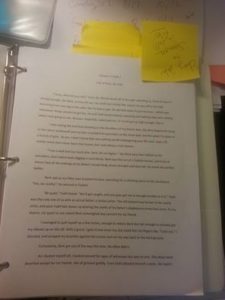The waiting is the hardest part
Every day you see one more card
You take it on faith, you take it to the heart
The waiting is the hardest part
If it seems like I’ve gone radio silent for a few weeks, well I have. I am in a kind of literary limbo, and as my boy Tom says, the waiting is the hardest part.
See, I’ve finished the first draft of Acre’s Bastard. And I can’t do a darned thing about it for a while. Four generous, masochistic souls (all members of Naperville Writers Group– and if you aren’t part of a circle of fellow writers, you’re missing out) have agreed to read it and offer their feedback so I can make any major changes before sending it on to my editor at The Book Folks.

So here I sit. I don’t want to start any new projects until this one is done, I can’t do any more on this one until I get their notes, and since they are volunteers with actual lives it would be damned rude of me to stand over their shoulder and yell, “Hurry up dammit, my head is about to explode.” Hell, even The Duchess has only gotten to page 60, and she has to live with me.
I know some of what they’ll say: the finale needs to be clearer. I need more description of the final battle scene and the main villain (there are two but he’s the most critical) has too many names (which makes no sense and yet is wholly accurate). Still, I can’t do the rewrite, hand it in, and move on until I hear. There may be more unexpected criticism. They may say my baby is ugly and I should smother it with a pillow before offending the reading public. They might tell me it’s wonderful, only to have my editor throw it back like an undersized Dolly Varden.
The point is, I can’t control any of this, and I can’t really do anything until the reports come in. So, as Tom says, the waiting is indeed the hardest part.





